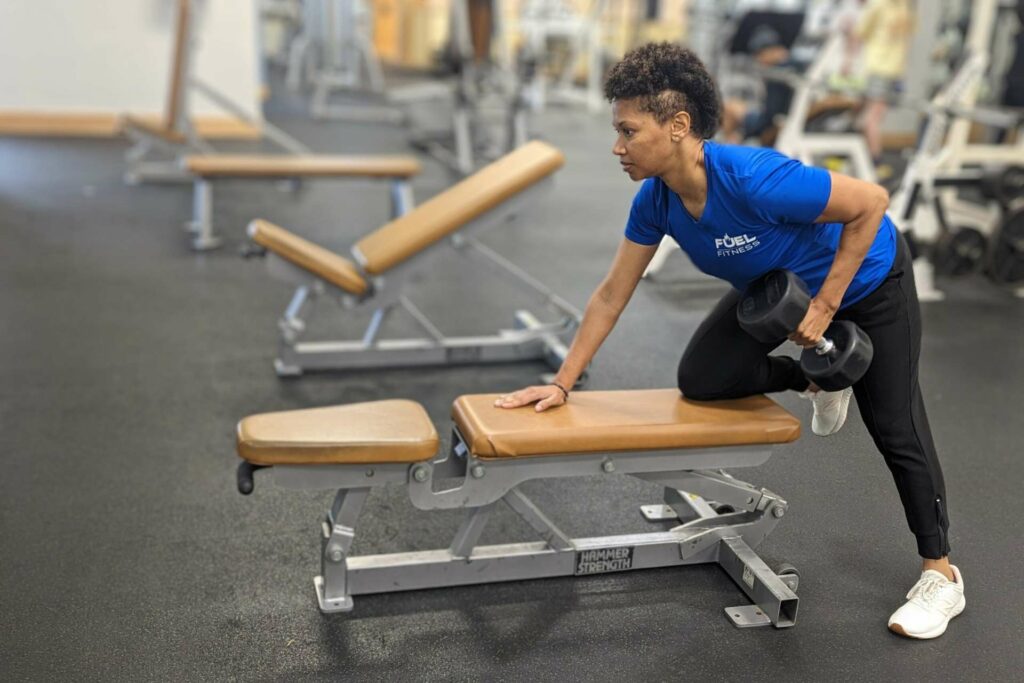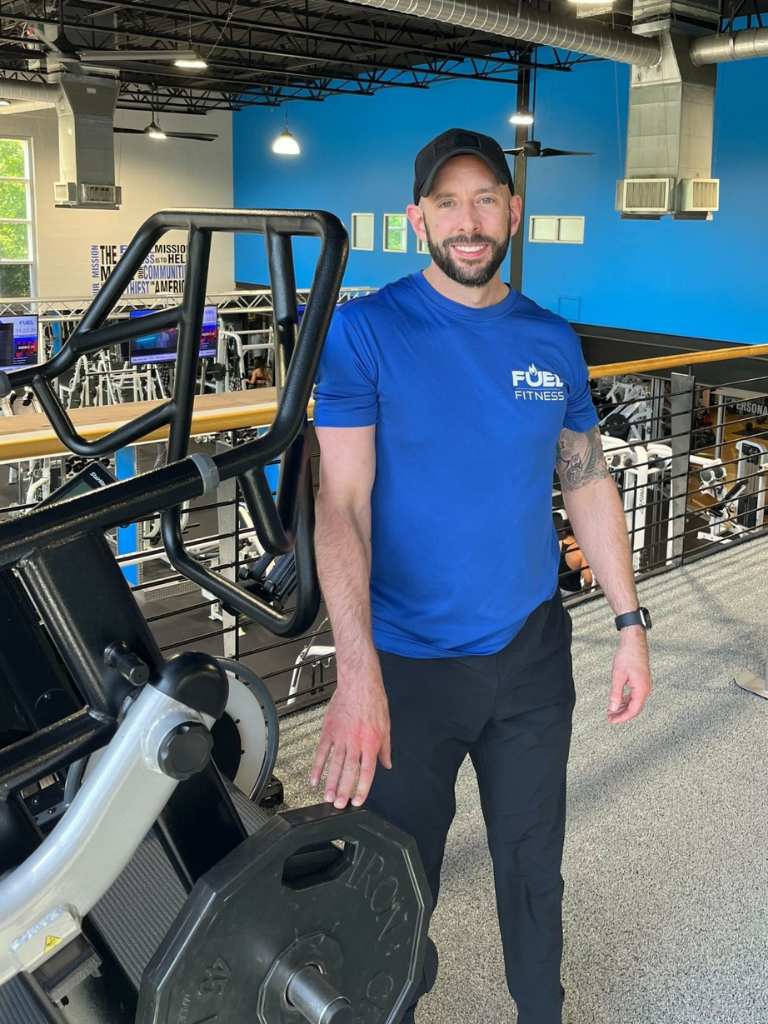If you have been religiously sticking to a workout plan or training hard, there is nothing worse than an injury that can result in taking a week (or more!) off. There are quite a few things that you can do while training to ensure that you can still train hard and efficiently but without the worry of injury.
One of the biggest causes of injury in people who workout is due to not keeping a balanced and diversified routine. The American College of Sports Medicine recommends that any workout regimen you follow should include a breakdown of 60% allocated to cardio, 30% strength and 10% flexibility.
Here is an idea of what exercises to include based on these allocations:
Cardio:
- Running/jogging
- Swimming
- Cycling
- Rowing
- Jump rope
- Elliptical
- Stair Climber
Strength:
- Pulling movements, including rows and pull-ups
- Pushing movement, including push-ups, presses and dips
- Squats and lunges
- Swings, hinges, curls and deadlifts
Flexibility:
- Stretching
- Yoga
- Pilates (can also assist with strength training)
By including workouts that fall into each of these categories, you are much less likely to injure yourself, but there are still other causes that can lead to injury. The more you understand the main causes of injury that can occur, the better the chance you have of reducing them. Let us take a look at some of these causes:
Not Wearing Appropriate Clothing
You probably would not assume that this would be a key cause of injury, but in fact, clothing can play a big part in it. Make sure you wear shoes while working out; your shoes should support you and fit properly, so avoid flat tops or shoes that do not provide proper support. If you lift weights frequently, investing in gloves can really help prevent damage to your hands. Some gloves also provide support for your wrists which can be extremely important when lifting heavier weights.
Not Warming Up, Cooling Down or Stretching
So many people skip these parts of exercise without realising the damage they can do! You should spend about five minutes warming up to awaken your muscles and get the juices flowing to your joints; this will help with movement and warm your muscles, preparing them for harder work. Warming up should slowly increase your heart rate safely before you take off into more intense work. To warm up effectively, jog lightly, perform jumping jacks or gently cycle. As you end your workout, cool down for five minutes with gentle activity to bring your heart rate back down to more of a resting state. Then spend a few minutes (perhaps longer if you feel you need it) stretching, with a particular focus on the areas that worked the hardest. Stretching helps your muscles return back to their normal state which helps prevent injury. It is always a good idea to invest in a foam roller to use after working out as it helps relax your muscles.
Trying to Perform at a Higher Ability Than You Can
The key to fitness is dedication and commitment; you cannot just jump right into heavy lifting or intense cardio – this is a surefire way to injure yourself. This is where dedication and commitment come into play, as you must start at a manageable, but just slightly challenging, level and build on that over time. It can take weeks and sometimes even months before you can progress to adding more weight or increasing reps.
Not Staying Hydrated
As you workout, your body sweats to cool itself down therefore it is important to replace the fluid that you have lost. Always have a glass of water prior to your workout and keep a bottle handy as you are working out. After you have finished, consume a glass of water per 15 minutes of exercise you performed. Without proper hydration, you put yourself at risk for muscular cramps and fatigue which can really decrease your performance.
Ignoring Pain
Sometimes people associate muscle soreness and pain with progress, but this is not always the case, especially if you are feeling a lot of pain that does not feel quite right. When you feel pain in any area, stop the exercise you are doing and try to do some stretches to see if it eases the pain. If you are noticing any persistent pain, you should speak to your doctor! As a general rule, you should always have your annual physical as this can help identify any areas that may be overworked, which could result in injuries.
Not Sleeping Enough
As you sleep, your body is working hard to repair itself and prepare your muscles for more training. These self-healing hormones that aid in natural healing are released as you sleep, so sufficient sleep is really important in making sure your body gets these. It is generally recommended that you get about 7-8 hours of sleep a night.
While taking time off from exercise due to an injury can be devastating, it is essential to do so. If you have received an injury, a doctor will usually recommend how much time you should take off to allow it to heal. If you have self-diagnosed an injury it can be harder to determine, but usually, at least a week will give your body the time it needs to heal and repair itself before returning to challenging your body again. Without taking rest as needed when an injury occurs, recovery time is much longer and can actually result in a problem that becomes chronic and potentially irreversible and may lead to permanent damage.
By avoiding some of these common issues you will be able to get the most out of exercise without running the risk of injury that could set you back for a week or more!



















